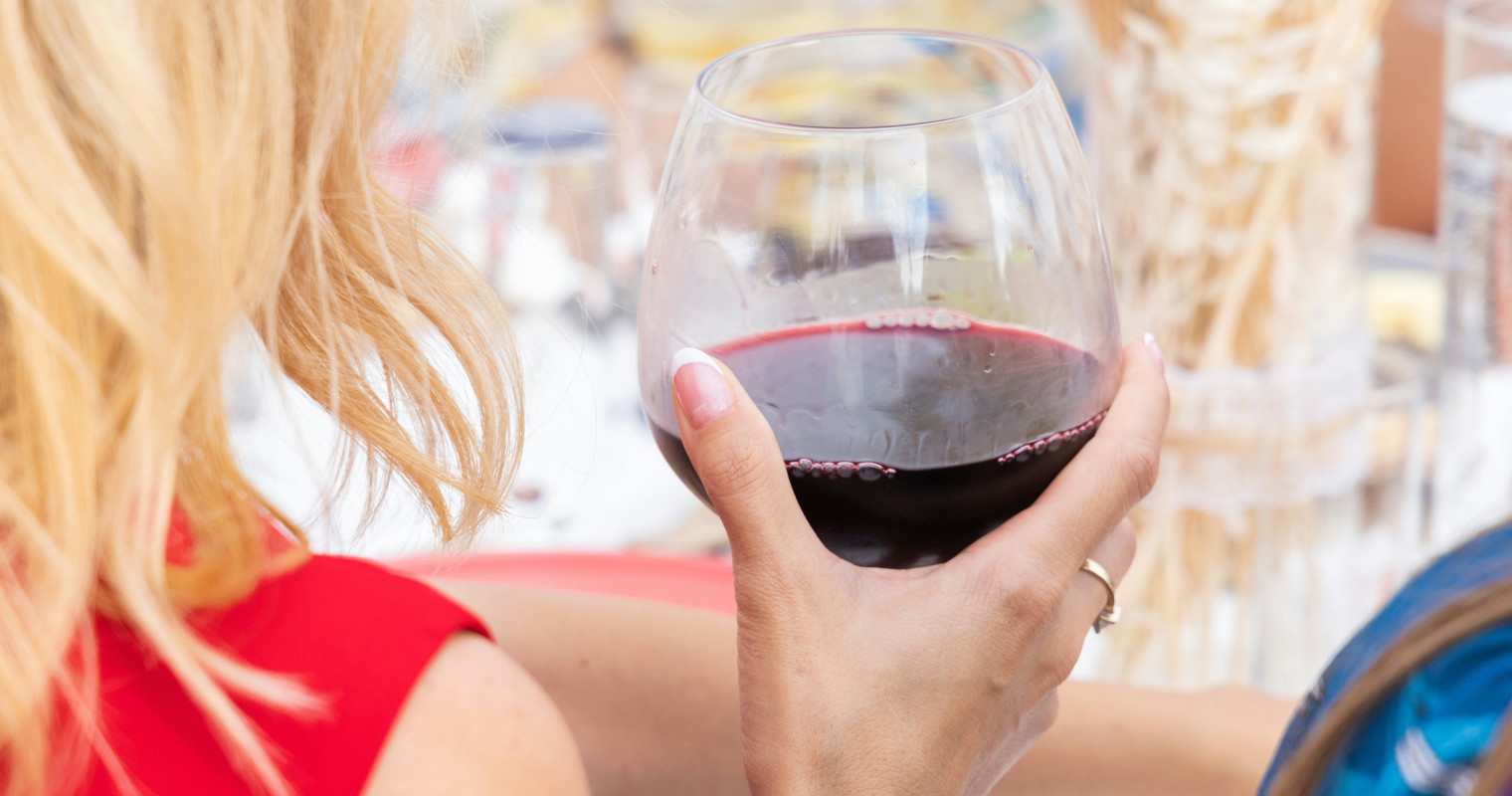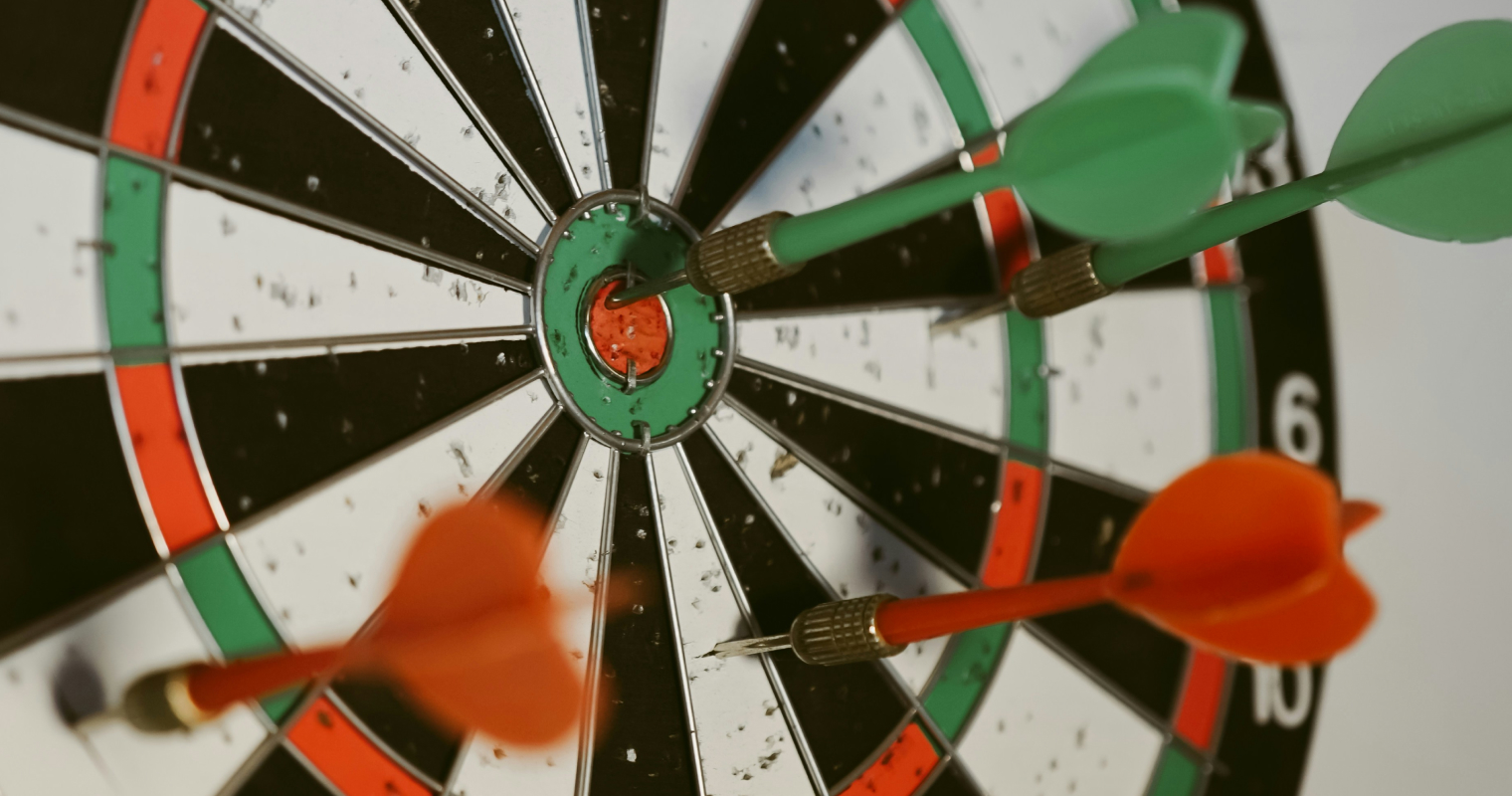Last Updated on April 11, 2025
If you’ve ever started cutting back on alcohol and felt amazing at first, only to find yourself losing steam a few weeks in, you are far from alone. The initial surge of enthusiasm, clarity, and (most importantly) improved sleep can fade, making it much harder to stay on track.
The truth is that motivation isn’t the lone secret to success when it comes to mindful drinking. Motivation is fleeting, and it can vary day by day. If you rely on it to sustain big changes, you’re setting yourself up for burnout. So what’s the real key? Momentum, thoughtful planning, and a few science-backed tricks to keep you going, even on the off days.
Here’s how to stick with mindful drinking, even when you two are out of the honeymoon phase.
Watch The Related Podcast
Why Fades in Mindful Drinking Motivation are Totally Normal
When you begin a new habit, your brain is flooded with dopamine. It loves the novelty! But over time, that chemical high fades in a process called “hedonic adaptation.” Your brain gets used to the new normal, and the new habit stops feeling so exciting. That’s a big part of why so many people abandon diets, exercise routines, and the like. The “new you” energy fades, and you hit a wall. But here’s the thing: that dip is normal, not cause for alarm bells. The key is knowing it’s coming and having tools ready for when it does.
5 Smart Strategies (That Aren’t Just Willpower)
The following techniques aren’t rooted in motivation. Instead, they’re based in behavioral science and habit psychology. They’re designed for real life, where you’ll probably have more willpower on some days than on others.
1. Stop Autopilot with the One-Minute Rule
Most drinking decisions happen fast—out of habit, not intention. The one-minute rule helps you create a crucial pause. Next time you’re about to reach for a drink, stop and wait 60 seconds. Ask yourself: Do I really want this? Or is a habit kicking in?
This quick mental check-in is based in Cognitive Behavioral Therapy (CBT), and it can help break automatic behavior loops. Interrupting these habit loops—even briefly—can rewire behavior over time.
2. Pre-Decide with the Two-Option Rule
It can be hard to make decisions in the moment when you’re trying to change a habit, so it can be helpful to make a plan for those decisions ahead of time. The two-option rule gives you flexibility and structure. For example, before a night out, you might say to yourself: “Tonight I’ll either have two drinks, then switch to soda, or I’ll skip drinking altogether.”
This planning technique helps your brain ready itself for a firm commitment. And by offering yourself options, you reduce the risk of feeling restricted, which often leads to overindulgence.
3. Avoid the “What the Hell” Effect
You plan to stick to one drink. You end up having three. And then the thought creeps in: “What the hell—might as well keep going.” This spiral is so common that it has a name: the “What the Hell” Effect, which was identified by psychologist and dieting researcher Dr. Janet Polivy.
Instead of labeling it a failure, treat a slip-up as data. Ask:
- What triggered this?
- What can I try differently next time?
Studies on self-compassion show that forgiving small mistakes makes you more likely to reach your long-term goals. One drink doesn’t have to lead to five—unless you let it.
4. Gamify Your Goals
Making mindful drinking motivation feel like a game can boost follow-through. Try building a habit streak. For example, check off one mindful action per day for a week. This could include:
- Tracking your drinks
- Swapping one alcoholic drink for a non-alcoholic one
- Journaling after an event
- Setting a drink limit before going out
As Stanford behavioral scientist BJ Fogg explains in his book Tiny Habits, small wins trigger dopamine, making habits feel rewarding instead of like chores.
You can also try the one-for-one rule: For every alcoholic drink, you must first drink a non-alcoholic beverage. This simple pause can help curb bingeing and reduce the total amount you drink.
5. Connect to Your Future Self
Sometimes you need a bigger “why” than just cutting back. One powerful tool? Write a 12-month letter to the future you.
Answer questions like:
- What does my life look like now that I’m in control of my drinking?
- How do I feel in the mornings?
- What’s different about my energy, relationships, or confidence?
According to UCLA researcher Dr. Hal Hershfield, people who feel emotionally connected to their future selves make better long-term decisions. This exercise builds that emotional bridge and strengthens your reason to stay on track.
Make it Easy to Keep Going—Even If You’re Not Feeling Motivated
You don’t need to feel ultra-motivated every day to drink mindfully. What you do need are mindful drinking systems and strategies that work even when motivation disappears. Because it will disappear. That’s just how brains work.
But with a few smart tweaks—pausing, planning, forgiving, gamifying, and connecting to your future self—you can build momentum that lasts. And that momentum is the real key to lasting change.
Try this: Pick just one of the five strategies to experiment with this week. See how it changes your experience—and remember, you don’t need to be perfect. You just need to keep moving forward.
Ready to get started? Try a 15-day free trial with Sunnyside.





